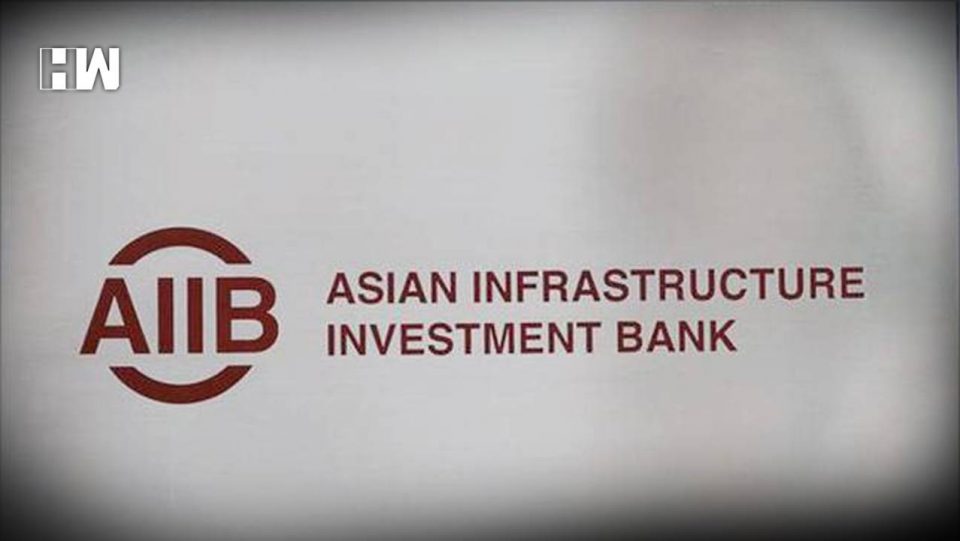The government seems to have equated China’s role in the Asian Infrastructure Investment Bank (AIIB) to that of the US in the World Bank. This appears to be a nod towards China’s growing economic clout given that the World Bank was seen by many as an instrument of American power due to the US’ control over voting.
The AIIB as a multilateral banking institution that was proposed by China in 2013. It has India as its second-largest shareholder. The government has sought to curb concerns that with China being the largest shareholder (31%), the bank’s interest would flow with China’s Belt-Road Initiative — to build trade routes along neighboring countries.
Economic affairs secretary Subhash Chandra Garg said, “In a bank with 86 members, I don’t think anybody should consider this belongs to any country. The AIIB is as much a Chinese bank as the World Bank is American.” The World Bank, which was created following the Bretton Woods Conference in 1944, has been always led by an American. Its twin organization, the International Monetary Fund(IMF), is by convention, led by a European.
The AIIB’s third annual meet will take place in Mumbai, a first of its kind for India. Addressing newspersons ahead of the meet, Garg said the government did not bar Chinese companies from investing in the country, except in areas where concerns on security or where local procurement norms in keeping with ‘Make in India’ policy are not met.
When asked whether the AIIB would fund projects in China-Pakistan Economic Corridor (CPEC), which runs through Pakistan Occupied Kashmir, AIIB VP Danny Alexander said, “Our bank is apolitical, we do not comment on internal affairs of any country. What drives our investment are the projects and not politics. We have an international relations policy approved by our board that regulates how we handle any proposal that comes forward on any disputed territory.”
On plans to float an independent credit rating agency for BRICS nations, Garg said the proposal is on track and will be discussed at a New Development Bank (BRICS Bank) meeting in Johannesburg next month. On whether the government would float a multibillion-dollar NRI deposit scheme to improve forex inflows, Garg said the government does not comment on speculation. He, however, added there was no pressure on foreign exchange reserves, with $400 million in resources.
Garg also said the move to shift public debt management from the RBI to the government was in progress. “We have an agreed plan that over a period public debt management gets shifted. Some part has already shifted the other will take its own course to shift,” he said.
As an independent media platform, we do not take advertisements from governments and corporate houses. It is you, our readers, who have supported us on our journey to do honest and unbiased journalism. Please contribute, so that we can continue to do the same in future.

